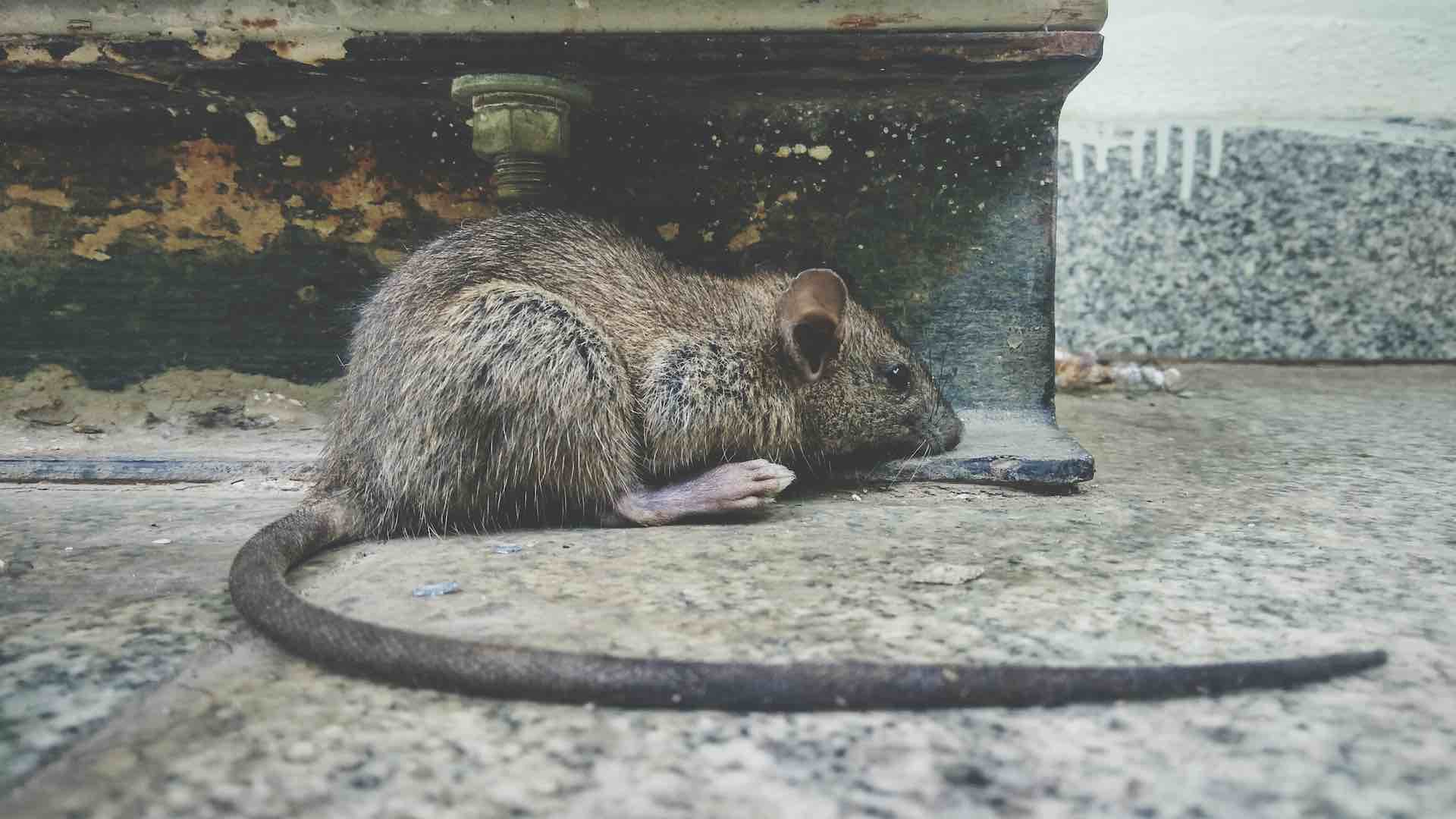Health alert – rat urine tied to soaring cases in NYC streets
Health officials in New York City are grappling with a surge in cases of a rare disease associated with rat urine, particularly among sanitation workers who are routinely exposed to these pests. This concerning trend comes just a year after the city appointed a “rat czar” to lead efforts against the rodent population. Cases of leptospirosis, an illness caused by exposure to rat urine, have seen a notable increase, with sanitation employees being disproportionately affected. According to Harry Nespoli, president of the Uniformed Sanitationmen’s Association, some workers have suffered severe symptoms, with one even receiving last rites before recovering.

The New York City Department of Health and Mental Hygiene issued a warning last week following the hospitalization of another sanitation worker displaying symptoms of the disease. Despite efforts to clean up the streets, rats remain a persistent presence, posing health risks to those who come into contact with them. In 2023, New York City reported the highest number of leptospirosis cases on record, with 24 individuals affected. This marked increase continued into the current year, with six cases already recorded as of April 10th, prompting heightened concern among health authorities.
Data from the health department reveals a concerning trend, with nearly a quarter of all reported cases occurring in 2023 alone. The disease has claimed six lives over the past two decades, with cases predominantly affecting middle-aged men across the city’s boroughs. Sanitation workers, in particular, face elevated risks of contracting leptospirosis due to their frequent interactions with rat-infested environments. Wet gloves, common among workers handling trash, increase susceptibility to the disease by allowing rat urine to penetrate the skin.
Despite efforts to mitigate risks, including advising workers to change gloves regularly, sanitation employees remain vulnerable. Recognizing the potential severity of the situation, a state bill backed by the union aims to provide benefits to affected workers and their families. Both the city’s sanitation department and health officials are actively working to educate workers and implement preventive measures. Recommendations include wearing gloves and avoiding touching one’s face with work gloves to minimize exposure.
Additionally, the city’s shift towards containerized trash disposal aims to reduce direct contact between workers and potentially contaminated waste. Efforts to curb rat populations are expected to further alleviate the risk of transmission.Leptospirosis is transmitted through direct contact with contaminated water, soil, or food, primarily originating from infected animals’ urine. Symptoms vary but can include fever, headache, diarrhea, and jaundice, with severe cases leading to organ failure.
Climate change may exacerbate the spread of the disease, as warmer and wetter conditions create conducive environments for bacteria survival. Health officials emphasize the importance of swift reporting by healthcare providers to effectively track and manage cases. The recent death of the Central Park Zoo’s escaped owl, Flaco, further underscores the urgency of addressing rat populations. Elevated levels of rat poison found in Flaco’s system highlight the broader ecological impacts of rodent control measures and the need for sustainable solutions.
